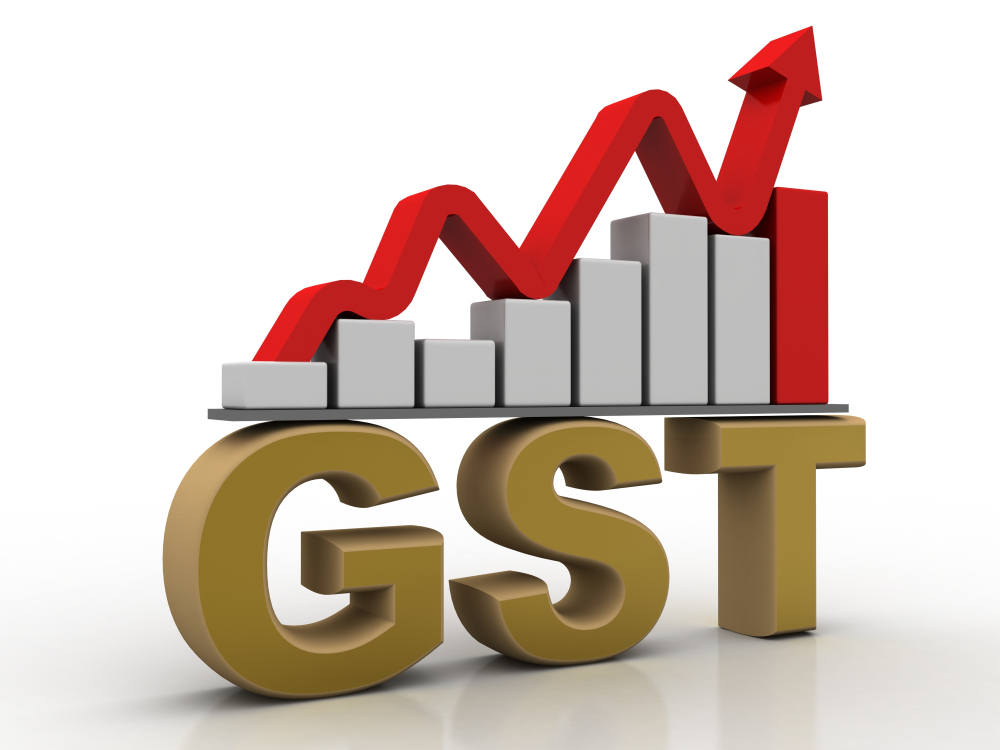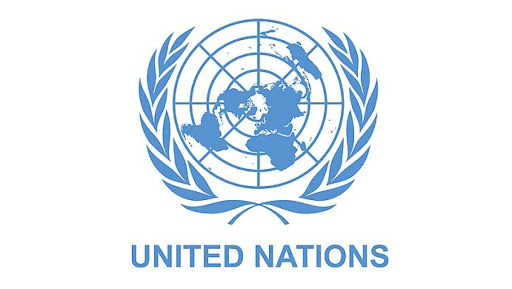NEW DELHI: The upcoming GST Council meeting is set to undertake a comprehensive review of the eight-year-old Goods and Services Tax (GST) system, with a focus on reducing tax rates for several consumer goods currently taxed at 12%. Additionally, the Council is expected to consider lowering taxes on high-end items like air conditioners, which currently fall under the top tax bracket.
As the compensation cess (the fund released to states to offset revenue losses from the GST transition) is set to expire in March, the Council may also finalize a plan to impose a cess on certain "sin" goods, such as tobacco, to ensure states don’t face significant revenue shortfalls.
States’ Concerns Over Revenue Losses State governments have expressed concern about potential revenue losses from tax cuts, especially for items they consider necessary. These worries have been a key reason for opposition to GST rate reductions.
Possible GST Reduction on Insurance The Centre is particularly focused on reducing the GST rate on pure term insurance plans, which currently attract an 18% tax. The proposal is to bring this into the nil GST bracket, although the life insurance sector has been lobbying for a 12% rate. Such a move would offer significant relief to the middle class, a key demographic for the government.
While the proposal to eliminate the 12% GST slab is on the table, other options are also under discussion. The Centre is also considering adjustments to the tax rate on health insurance, though a final decision on this is still pending.
Potential Changes for Business-Use Items While some consumer-focused items may see a tax cut, sources suggest that certain business-use items within the 12% bracket could face an increase. Any changes are expected to be balanced with revenue considerations in mind.
Political Consensus and Revenue Balance A final decision on the GST overhaul is expected before the start of the monsoon session, though the Centre is willing to accept some "revenue loss." Officials argue that reducing taxes on select items could boost consumption, potentially offsetting any revenue shortfalls.
However, these decisions will likely require political maneuvering and broad consensus among stakeholders, as discussions on GST rationalization have been ongoing for over a year. The Group of Ministers tasked with the issue has so far been unable to agree on substantial changes, suggesting smaller tweaks rather than sweeping reforms.
The goal is to establish a stable framework that minimizes the need for frequent changes, providing greater certainty for both businesses and consumers.




